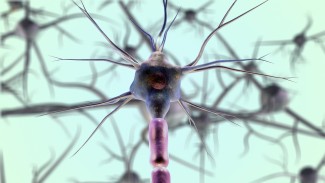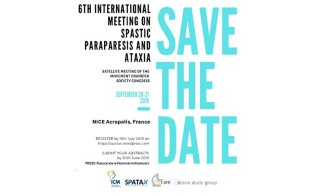
Members of the SPATAX Network, PREPARE_Ataxia consortium and Ataxia Study Group (ASG) and researchers from all over the world will meet in Nice from 20 to 21 September 2019 in a satellite meeting of the International Parkinson and Movement Disorder...
04.24.2019
Events
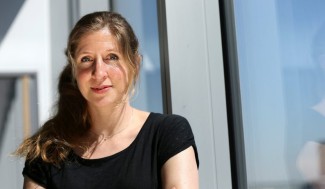
Stéphanie Baulac, head of the “Genetics and physiopathology of epilepsy” at Institut du Cerveau - ICM, receives the international “Michael Prize” award for her research in the field of epilepsy.
04.17.2019
Institutional
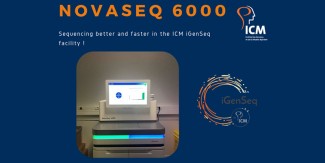
With NovaSeq, we can sequence more samples, broader and greater depth and guaranty more flexibility and affordability !
04.15.2019
Institutional
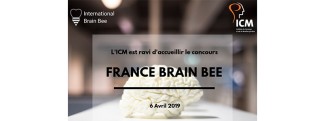
Winner of the 2019 France Brain Bee, Seung-Bin Joo to participate in the International Brain Bee (IBB) championships in Daegu, South Korea
04.12.2019
Teaching & training
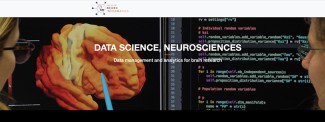
The Centre for Neuroinformatics is a transverse structure in the Institute, gathering researchers, engineers, and IT people, united to promote excellence in data management, data analysis, and scientific computing across the whole Paris Brain...
04.12.2019
Research, science & health

Brain plasticity is the dynamic process happening in our brain as we learn through experience, and it varies greatly with age. What are the mechanism behind this? A study conducted by Alberto Bacci’s team at the Institut du Cerveau - ICM discovered...
01.09.2019
Research, science & health
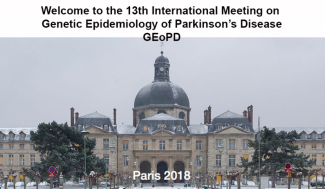
The 13th Annual Meeting of GEoPD (13-14 December 2018), is hosted by GEoPD French partners: Alexis Brice, Alexis Elbaz, Jean-Christophe Corvol, and Suzanne Lesage.
10.19.2018
Institutional
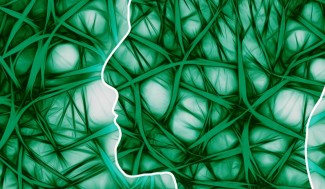
Diagnosing Disorders of Consciousness (DoC) is difficult and requires robust and reliable tools. A study conducted by Denis Engemann (Inria, French national research institute for the digital sciences – CEA NeuroSpin) and Federico Raimondo...
10.10.2018
Research, science & health

A recent study conducted by a research team around Hilke Plassmann, the INSEAD Chaired Professor of Decision Neuroscience & Paris Brain Institute (Paris Brain Institute – Inserm/CNRS/Sorbonne Université), a principal investigator in the Social...
07.12.2018
Research, science & health

Would you rather have a piece of chocolate cake or steamed veggies? Making healthy food choices isn’t always easy! A study conducted by a team of researchers around Liane Schmidt (Inserm) and Hilke Plassmann (INSEAD) at the Brain and Spine Institute...
06.07.2018
Research, science & health

Violetta Zujovic, Olga Corti and Stéphane Hunot, researchers at Institut du Cerveau - ICM, obtained an important grant from the Sanofi Innovation Awards (iAwards) programme for their research.
05.30.2018
Institutional

INSIGHT study highlights compensation mechanisms in patients with Alzheimer’s disease lesions used to maintain intellectual and memory capabilities.
03.24.2018
Research, science & health

